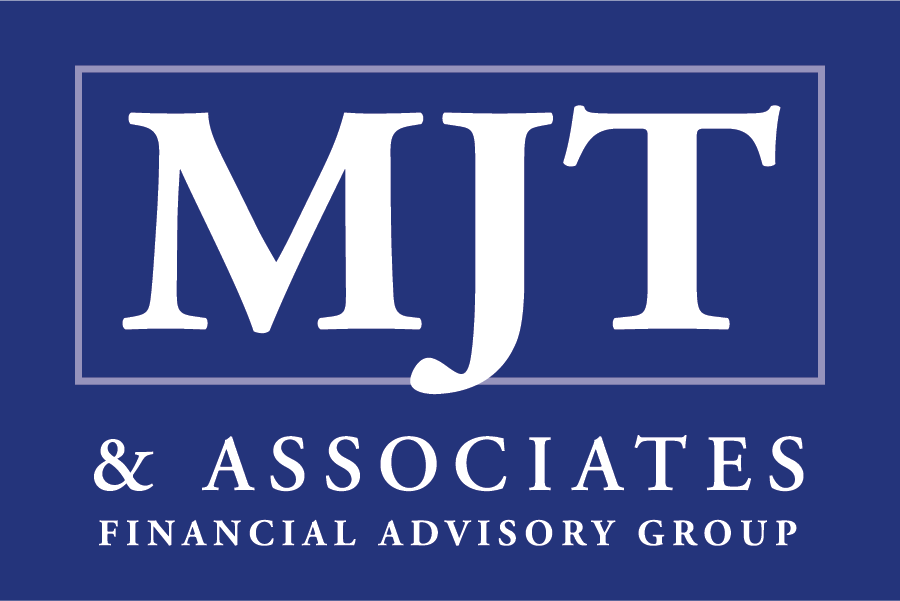Are you ready to unlock the secrets to financial success? Look no further than this simple guide to financial planning and education. Whether you're just starting your financial journey or looking to improve your current situation, this article will provide you with the knowledge and tools you need to make informed decisions.
Financial planning can be overwhelming, but it doesn't have to be. With the right guidance, you can take control of your money and achieve your goals. In this guide, we'll break down the basics of financial planning, including budgeting, saving, investing, and more. We'll also explore the importance of financial education and how it can empower you to make sound financial choices.
With the ever-changing landscape of the economy, staying informed and educated is crucial. By developing a deep understanding of financial concepts, you'll be better equipped to navigate financial challenges and make wise decisions.
So, whether you're a beginner or an experienced investor, this guide is your roadmap to financial success. Get ready to unlock the secrets to financial planning and education and take control of your financial future.
The Importance of Financial Planning and Education
Financial planning and education play a vital role in achieving financial success. Without a comprehensive plan and the knowledge to make informed decisions, it's easy to fall into a cycle of financial stress and uncertainty. By taking the time to develop a financial plan and educate yourself about personal finance, you can gain control over your money and work towards your financial goals.
A well-designed financial plan helps you identify your current financial situation and determine your future financial goals. It acts as a roadmap, guiding you towards your desired destination. Without a plan, you may find yourself aimlessly drifting through life, never quite achieving your financial dreams.
Financial education is equally important. It equips you with the knowledge and skills to make sound financial decisions. It helps you understand the intricacies of the financial world, from budgeting to investing, and empowers you to take control of your financial future. With the right education, you can navigate financial challenges, avoid common pitfalls, and make informed choices that align with your goals.
In summary, financial planning and education are essential for anyone looking to achieve financial success. They provide the foundation upon which you can build a secure and prosperous future.
Key Components of a Comprehensive Financial Plan
A comprehensive financial plan consists of several key components. These components work together to create a roadmap for your financial journey. Let's explore each component in detail.
1. Setting Financial Goals and Creating a Budget
The first step in any financial plan is to set clear and realistic financial goals. These goals can be short-term, such as saving for a vacation, or long-term, such as planning for retirement. By defining your goals, you can establish a clear direction and stay motivated along the way.
Once you've set your goals, the next step is to create a budget. A budget is a financial plan that outlines your income and expenses. It helps you track your spending, identify areas for improvement, and ensure that you're allocating your resources effectively. By following a budget, you can make informed decisions about how to spend and save your money.
2. Understanding and Managing Debt
Debt is a reality for many people, but it doesn't have to be a burden. Understanding your debt and having a plan to manage it is an important part of a comprehensive financial plan. Start by evaluating your debt and identifying the types of debt you have, such as credit card debt, student loans, or mortgages. Then, develop a strategy to pay off your debt, focusing on high-interest debt first. By managing your debt effectively, you can free up resources to invest and save for the future.
3. Saving and Investing for the Future
Saving and investing are crucial components of a comprehensive financial plan. Saving allows you to build an emergency fund and prepare for unexpected expenses. It provides a safety net and protects you from financial setbacks. Investing, on the other hand, helps grow your wealth over time. By investing in stocks, bonds, or real estate, you can generate passive income and increase your net worth. Both saving and investing are essential for long-term financial success.
4. Building an Emergency Fund
An emergency fund is a crucial part of any financial plan. It provides a buffer for unexpected expenses, such as medical bills or car repairs. Without an emergency fund, you may find yourself relying on credit cards or loans to cover these expenses, which can lead to further financial stress. Aim to save at least three to six months' worth of living expenses in your emergency fund to ensure you're prepared for the unexpected.
5. Insurance and Risk Management
Insurance is an important aspect of financial planning. It helps protect you and your assets from unforeseen events, such as accidents or natural disasters. Whether it's health insurance, life insurance, or property insurance, having the right coverage ensures that you're financially protected in case of emergencies. Additionally, risk management is about identifying and managing potential risks that could impact your financial well-being. By assessing and addressing these risks, you can safeguard your financial future.
6. Retirement Planning and Strategies
Planning for retirement is a critical component of a comprehensive financial plan. It's never too early to start saving for retirement, and the earlier you begin, the more time your money has to grow. Consider factors such as your desired retirement age, lifestyle, and expected expenses when creating your retirement plan. Explore different retirement savings vehicles, such as employer-sponsored retirement plans or individual retirement accounts (IRAs), and develop a strategy that aligns with your goals.
By addressing these key components in your financial plan, you'll be well on your way to achieving financial success. Remember, a comprehensive financial plan is dynamic and should be regularly reviewed and adjusted as your circumstances change.
The Role of Financial Education in Achieving Financial Success
Financial education plays a crucial role in achieving financial success. It empowers individuals with the knowledge and skills needed to make informed financial decisions. Let's explore the importance of financial education in more detail.
1. Building a Strong Foundation of Knowledge
Financial education provides a strong foundation of knowledge about personal finance. From understanding basic financial concepts to learning about more complex topics like investing and retirement planning, financial education equips individuals with the tools they need to navigate the financial world. With a solid understanding of financial principles, individuals can make informed decisions that align with their goals.
2. Empowering Individuals to Take Control of Their Finances
Financial education empowers individuals to take control of their finances. By learning about budgeting, saving, and investing, individuals can develop strategies to improve their financial situation. They can set clear goals, create effective budgets, and make informed decisions about their money. Financial education gives individuals the confidence and knowledge they need to be proactive and take charge of their financial future.
3. Navigating Financial Challenges
The economy is constantly changing, and financial challenges are inevitable. However, with a solid financial education, individuals are better equipped to navigate these challenges. They can adapt to economic fluctuations, make informed investment decisions, and adjust their financial strategies as needed. Financial education provides individuals with the tools and knowledge they need to stay informed and make smart choices in the face of uncertainty.
4. Avoiding Common Pitfalls
Many individuals fall into common financial pitfalls due to a lack of financial education. They may accumulate excessive debt, make poor investment choices, or fail to save for the future. However, with the right financial education, individuals can avoid these pitfalls. They can make informed decisions about borrowing, invest wisely, and prioritize saving for long-term goals. Financial education acts as a safeguard, protecting individuals from making costly mistakes.
In conclusion, financial education is a crucial component of achieving financial success. It provides individuals with the knowledge and skills needed to make informed decisions, navigate financial challenges, and avoid common pitfalls. By investing in financial education, individuals can take control of their finances and work towards their financial goals.
Conclusion: Taking Control of Your Financial Future
Financial planning and education are key to unlocking the secrets of financial success. By developing a comprehensive financial plan and investing in your financial education, you can take control of your money and work towards your goals. Whether you're just starting your financial journey or looking to improve your current situation, this guide has provided you with the knowledge and tools you need to make informed decisions.
Remember, financial planning can be overwhelming, but with the right guidance, it becomes manageable. Take the time to set clear financial goals, create a budget, manage debt, save and invest for the future, build an emergency fund, secure insurance coverage, plan for retirement, and prioritize financial education. By addressing these key components and continuously educating yourself, you'll be well on your way to achieving financial success.
So, are you ready to unlock the secrets to financial planning and education? Start today and take control of your financial future.











